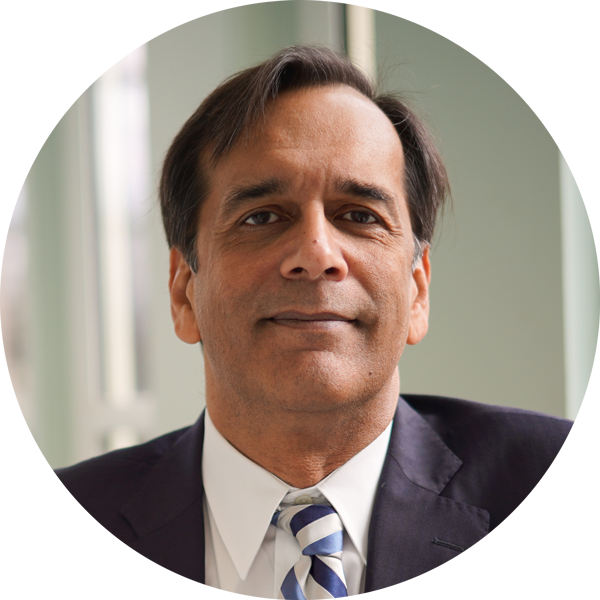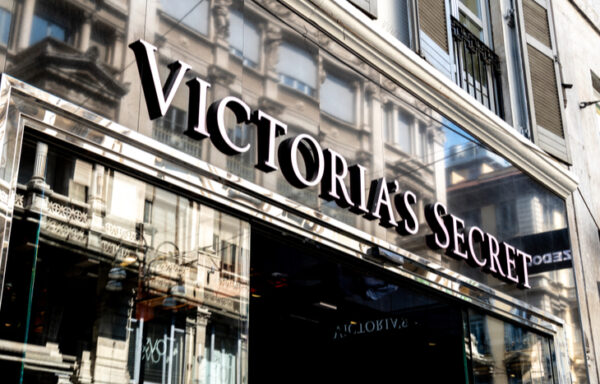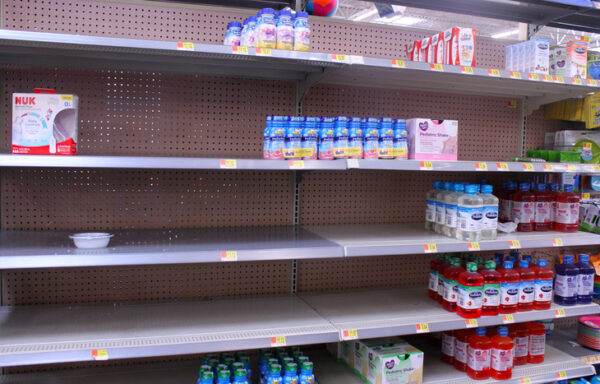Rules for Your First Rental Real Estate Purchase
Last week, I began to reveal some of my key tricks for making money from real estate.
I wrote that rental real estate is a great source of income and capital gains for investors of all ages, but you must have the right temperament.
In the near decade and a half I have spent as a landlord, I have had only two missed rental payments. I have never had to evict a tenant, and only once did I have to withhold a portion from a security deposit to cover minor damages.
That’s across a half-dozen properties…
One of the keys is to have tenants who are there for more than a year… and maybe even more than four or five years. I escalate the rents, but only modestly.
A vacant unit for a couple of months and the refurbishment necessary for a new tenant will eat away at any incremental profit I stand to gain. I usually increase rents to cover any increased costs, like homeowners association (HOA) fees and property taxes.
Rules for Investing in Rental Real Estate
In my experience, the key to making money on rental properties is buying them properly. I have a few essential rules:
- The minimum size of a property that I will consider is two bedroom, two bath. It’s the sweet spot that allows for small families, singles and even roommates.
- I will consider only a property that is near public transportation and a community college or four-year school.
- The property must also be near shopping. I usually prefer properties within walking distance of shops and restaurants.
- There must be a strong HOA in the case of a condominium.
- I look for properties that sport few amenities outside of a pool and community center. The more amenities a property has, the higher its HOA fees will be and the greater its likelihood of running into financial problems in a downturn.
- At least 50% of the development must be owner-occupied, and it must have excellent parking and lighting.
- The property must be located in a good-to-excellent school district and charge reasonable property taxes.
- I must have a property manager who is available to manage tenant concerns and leasing.
It sounds like a big list, but it’s not much different than the list I would use if I wanted to live in the rental myself.
And that is the key. If I could not see myself living there, I don’t want to buy it for someone else to live there either.
The last and most important factor that impacts whether I will buy a property is its rent-to-market price ratio. This is critical, and considering it before you purchase will save you a lot of heartache.
I pay only eight times a property’s potential gross annual rent or less. So if the gross rent for the year is $20,000, then I will not pay more than $160,000 for the property.
At that price, you can expect not only to own a property below market value, but also to enjoy appreciation in the years ahead.
It’s not easy to get a property at that price. I bought mine as the market drifted lower in 2007 to 2008, and I bought most of them for around four times the gross rental rate.
They paid for themselves in around four years. I am now in the process of selling a couple of them for three to four times what I paid for the properties.
Currently, based on the rents I am charging, prices are approaching 14 to 16 times gross rent, which tells me the market is too rich. It’s time to pare down my holdings and wait for the inevitable downturn, which will allow me to get back in at my preferred level or lower.
Once you’re able to read the market in this way, rental real estate becomes a great way to make money at any stage of your life.
The biggest issues are bad tenants and repairs. But if you get the property thoroughly inspected, keep up with maintenance and screen tenants properly, you can minimize surprises and enjoy years of predictable cash flow, profits and capital gains.
[adzerk-get-ad zone="245143" size="4"]About Karim Rahemtulla
Karim began his trading career early… very early. While attending boarding school in England, he recognized the value of the homemade snacks his mom sent him every semester and sold them for a profit to his fellow classmates, who were trying to avoid the horrendous British food they were served.
He then graduated to stocks and options, becoming one of the youngest chief financial officers of a brokerage and trading firm that cleared through Bear Stearns in the late 1980s. There, he learned trading skills from veterans of the business. They had already made their mistakes, and he recognized the value of the strategies they were using late in their careers.
As co-founder and chief options strategist for the groundbreaking publication Wall Street Daily, Karim turned to long-term equity anticipation securities (LEAPS) and put-selling strategies to help members capture gains. After that, he honed his strategies for readers of Automatic Trading Millionaire, where he didn’t record a single realized loss on 37 recommendations over an 18-month period.
While even he admits that record is not the norm, it showcases the effectiveness of a sound trading strategy.
His focus is on “smart” trading. Using volatility and proprietary probability modeling as his guideposts, he makes investments where risk and reward are defined ahead of time.
Today, Karim is all about lowering risk while enhancing returns using strategies such as LEAPS trading, spread trading, put selling and, of course, small cap investing. His background as the head of The Supper Club gives him unique insight into low-market-cap companies, and he brings that experience into the daily chats of The War Room.
Karim has more than 30 years of experience in options trading and international markets, and he is the author of the bestselling book Where in the World Should I Invest?






